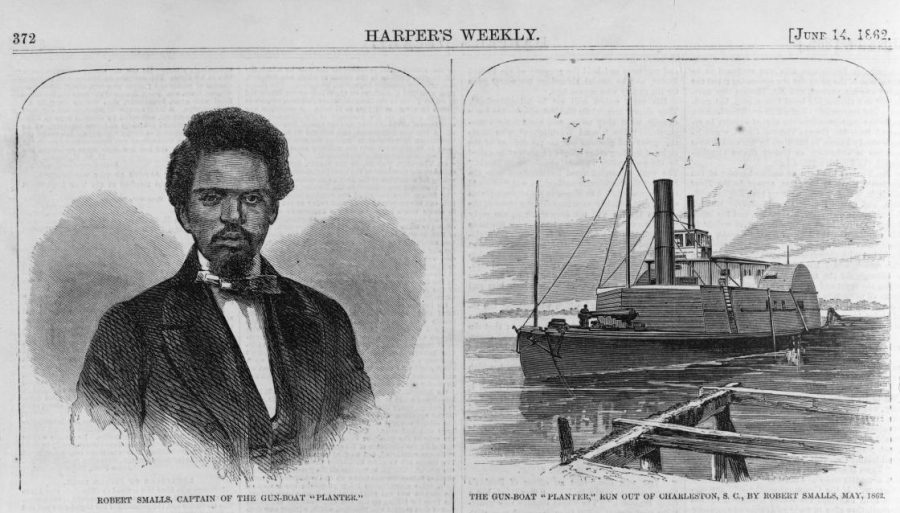Recognizing Robert Smalls for Black History Month
Robert Smalls, born a slave on April 5, 1839 in Beaufort, South Carolina, grew to become a Civil War hero and a U.S. Representative for South Carolina. In honor of Black History Month, we pay observance to the unsung hero Robert Smalls, who is just one inspiring example of the many luminaries who symbolize African-American fortitude and perseverance.
The Origins of Black History Month
Black History Month, also known as African-American History Month, is an annual celebration of Black contributions, achievements, and sacrifices throughout history.
In 1915, African-American historian Dr. Carter G. Woodson co-founded the Association for the Study of Negro Life and History (ASNLH), now known as the Association for the Study of African-American Life and History (ASALH). Dr. Woodson created the group in response to the deficiency of information on Black people available to the public.
Then, in February 1926, the group declared the second week of February as “Negro History Week” to acknowledge the contributions of African-Americans throughout history. Dr. Woodson chose this week of February considering it included the birthdays of Abraham Lincoln and Fredrick Douglass, both symbols of emancipation. It wasn’t until 1976 that President Gerald Ford officially extended Negro History Month into a full month.
On February 10, 1976 in Ford’s Message on the Observance of Black History Month, he states: “In celebrating Black History Month, we can take satisfaction from this recent progress in the realization of the ideals envisioned by our Founding Fathers. But, even more than this, we can seize the opportunity to honor the too-often neglected accomplishments of black Americans in every area of endeavor throughout our history. I urge my fellow citizens to join me in tribute to Black History Month and the message of courage and perseverance it brings to all of us.”
Since then, Black History Month has been a prominent, annual commemoration of the generations of Black triumphs, culture, and sacrifice.
African-American Civil War Hero Robert Smalls
Born April 5, 1839 in Beaufort, South Carolina, Robert Smalls proceeded as a born slave to a free war hero and U.S. Representative. Smalls and his mother, Lydia Polite, were enslaved by a local planter, Henry McKee in Beaufort, South Carolina.
During the beginning of the Civil War, Smalls became an enslaved pilot on the Confederate ship the USS Planter, an armed dispatch and transport vessel. At age twenty-three on May 12, 1862, Smalls and his family snuck to the steering deck, passed Confederate forces at Fort Sumter and Fort Moultrie, turned the Planter over to the U.S. Navy, and collectively walked away as freed slaves. Due to Smalls’ and his family’s escape, he became an emerging leader and Civil War hero.
Smalls, a successfully freed man, went on to serve as a delegate to the South Carolina state convention in 1868. He also was elected to serve in the U.S. Congress and served five terms as an United States Representative for South Carolina between 1875 – 1887. In 1876, the Robert Smalls Monument at the Tabernacle Baptist Church in Beaufort, South Carolina was erected to memorialize Robert Smalls’ legacy and achievements.
Unsung heroes and triumphant stories of Black luminaries, such as Robert Smalls, should be observed and honored as inspiring narratives of African-American fortitude.
